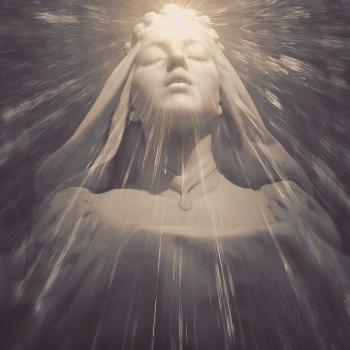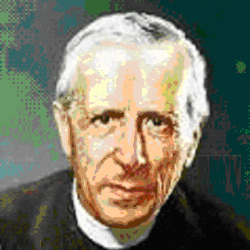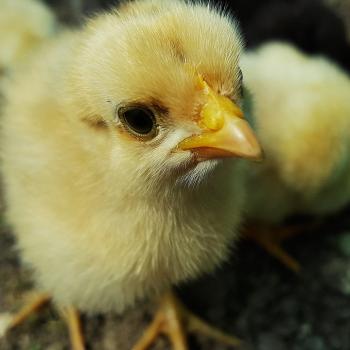John 19: 28-29: “Later, knowing that all was now completed, and so that the Scripture be fulfilled, Jesus said, “I thirst”. A jar of wine vinegar was there, so they soaked a sponge in it, put the sponge on a stalk of the hyssop plant, and lifted it to Jesus’ lips”.

This was not the first time Jesus was offered wine. Both Mark and Matthew observe that he was offered bitter wine just prior to being crucified. This might have been offered as an intoxicant, a mixture containing a grain of frankincense to numb the pain. This first offering was refused by Jesus, according to Mark and Matthew. Perhaps in order for him to fully experience the sacrifice he was about to make.
I wondered what a jar of wine was doing on Golgotha that day. Then I learned that a drink popular with Roman soldiers, cheap wine vinegar diluted with water, was considered more thirst quenching than water alone. This drink was called “posca”. The soldiers brought posca to sustain them during their crucifixion duty. They weren’t getting drunk on it – just using it to quench their own thirst.
Now what was a sponge doing on Golgotha that day? Once again it was part of the Roman soldiers’ kit. Sponges were used to line a helmet and sometimes also as a drinking vessel.
And the hyssop branch? Hyssop is a small bush with blue flowers and highly fragrant leaves. The significance of the hyssop is that it was associated with purification and was used to sprinkle blood on the doorposts and lintels on the first Passover.
John tells us that Jesus actually did sip some of the vinegary posca from the sponge on the hyssop branch while on the cross. Some say he did this partly to moisten his parched throat so that his last words might be heard across the hilltop of Golgotha. Maybe so, but personally, I think that after all he had gone through so far he was really very, very thirsty…
Probably the greatest importance of Jesus’ words, “I thirst” is to remind us of his physical nature, his humanity…his scourging, crowning with thorns, his trials, walking barefoot through the streets of Jerusalem carrying a crossbeam, nailed to the cross and now finally hanging there in the hot noonday sun dehydrated from the loss of blood and sweat. Crucifixion was devised by the Romans to be the most excruciating form of execution. Therefore our word “excruciating” means “from the crucifixion”.
Yes, He was thirsty! And surely for water. But knowing who He was, He was thirsty for more than that. Yet, where was his Father, who had given this cup for him to drink? Where was the comfort that we all hope to experience at our last moments on earth? By now He felt forsaken – we are told He even said so.
Mother Theresa, in her own reflections on these words of Jesus, “I thirst”, are that He is saying, I thirst to love and be loved by you…Come to me and fill your heart – and mine – heal your wounds.
So today, as our Lord thirsts for me, for my love, for my soul – am I thirsting for him? Is my soul thirsting for Him? Will I let him in to fill the vacuum in my heart?
Yes, I have a thirst for God. I think of this every time I say the “Eucharistic Prayer of the Cosmos”. I am like the fish that feels “the wetness but demanding proof that the ocean exists”. I realize that it is I who have distanced myself from God, not He who remains distant from me. For I know He seeks me like a shepherd seeking a lost sheep.
As I drive around town I pass the homeless person with a placard on the street corner or outside Whole Foods, I drive by the jail, I read about the welfare mother, the victim of abuse, the oppressed, the disabled, victims of war, poverty, famine. All of these people, like Jesus, thirst to love and be loved.
Monsignor Fulton Sheen once said: “There was never a preacher like the dying Christ; there was never a congregation like that gathered around the pulpit of the cross; there was never a sermon like “The Seven Last Words”.
In the gospel of John we read the story of Jesus resting at a well and he asks a Samaritan woman for a drink. He tells her, “Everyone who drinks THIS water (from the well) will be thirsty again, but whoever drinks the water I give them will never thirst. Indeed, the water I give them will become in them a spring of water welling up to eternal life”.
The ultimate irony of this story is that Jesus on the cross cries out “I thirst” and He, who is the “living water of Life”, now dies in thirst.
















